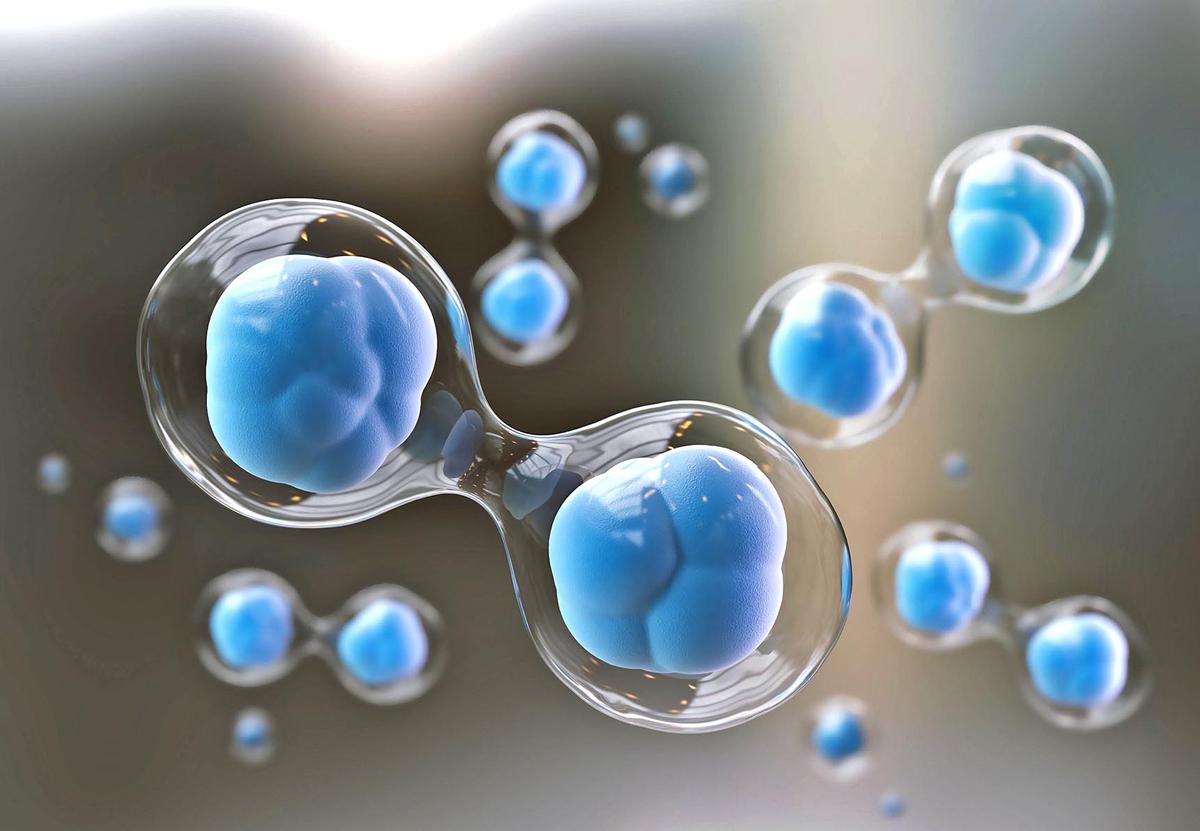
In the realm of scientific exploration, a breakthrough of profound implications has stirred both excitement and ethical contemplation. The concept of “synthetic human embryos” has emerged, poised to push the boundaries of our understanding of human development, genetic intricacies, and reproductive possibilities. This innovation, also referred to as “embryoid bodies,” “embryo-like structures,” or “embryo models,” holds the power to unlock new frontiers of knowledge while treading upon the sensitive terrain of ethics.
At the 2023 annual meeting of the International Society for Stem Cell Research (ISSCR), developmental biologist Magdalena Żernicka-Goetz unveiled her groundbreaking research. Her work traverses a terrain where human embryos are not fashioned through the conventional union of sperm and egg, but rather burgeon from stem cells. This revolutionary path opens a plethora of avenues that could reshape our comprehension of human development and its intricate underpinnings.
Mimicking the Natural: The Emergence of Synthetic Embryos
The “mimicking the natural” aspect takes center stage in the discourse around synthetic human embryos. These entities mirror the progression of “natural human embryos,” those that arise through fertilization. Stem cells, with their remarkable adaptability and potential, are harnessed to initiate a journey mirroring the developmental trajectory of natural embryos.
As the doors of understanding swing wide open, the “developmental parallel” between synthetic and natural embryos holds the promise of unraveling hitherto veiled mysteries. The nuances of human development, the genesis of genetic anomalies, and the intricate cascade of events during early gestation are unveiled in unprecedented detail through these synthetic entities.
Ethical Crossroads: Balancing Knowledge and Boundaries
The advent of synthetic human embryos intersects with a “crossroads of ethics,” stirring contemplation and sparking debate. The potential to extend the research beyond the traditional 14-day limit, a boundary that has long been held as an ethical constraint, ushers forth a paradox. The pursuit of knowledge and the aspiration to ameliorate medical understanding stand in contrast to the need to uphold the sanctity of life and ethical considerations.
As Magdalena Żernicka-Goetz’s research stirs contemplation, the “ethics dialogue” intensifies. It compels a broader conversation about the responsibility entailed in scientific discovery, the ethical implications of pushing the boundaries of human reproduction, and the balance between advancing knowledge and safeguarding the sanctity of human life.
The Horizon of Possibility: Reproductive Revolution
The “horizon of possibility” unfurls as we grapple with the potential implications of synthetic embryos. Beyond unraveling genetic mysteries and understanding developmental intricacies, the realm of fertility treatment is poised for a revolutionary overhaul. Early miscarriages, a harrowing aspect of human reproduction, could potentially find mitigation through insights gleaned from these studies. Moreover, the “prospect of reproduction without traditional gametes” tantalizingly emerges on the horizon, challenging conventional notions of human conception.
This “reproductive revolution” is, however, ensconced within the ethical web woven around these scientific marvels. The quest to redefine the boundaries of human understanding and medical advancement necessitates an introspective examination of our moral compass.
A Balance Struck: The Intersection of Knowledge and Values
In the tapestry of scientific exploration, the threads of “knowledge” and “values” intersect, forming a fabric that defines our trajectory. The unveiling of synthetic human embryos ushers in an era of unparalleled understanding and potential. Yet, it also beckons us to engage in a profound contemplation of our collective ethics, responsibilities, and the delicate equilibrium between scientific progress and human values.
In closing, Magdalena Żernicka-Goetz’s pioneering research ushers in an era of “unprecedented insights,” underscored by the poignant reminder that the pursuit of knowledge is intertwined with the weight of ethical considerations. The future journey through the realms of synthetic embryos requires a “deliberate stride,” balancing the quest for understanding with the reverence for life and the ethical framework that defines our humanity.









